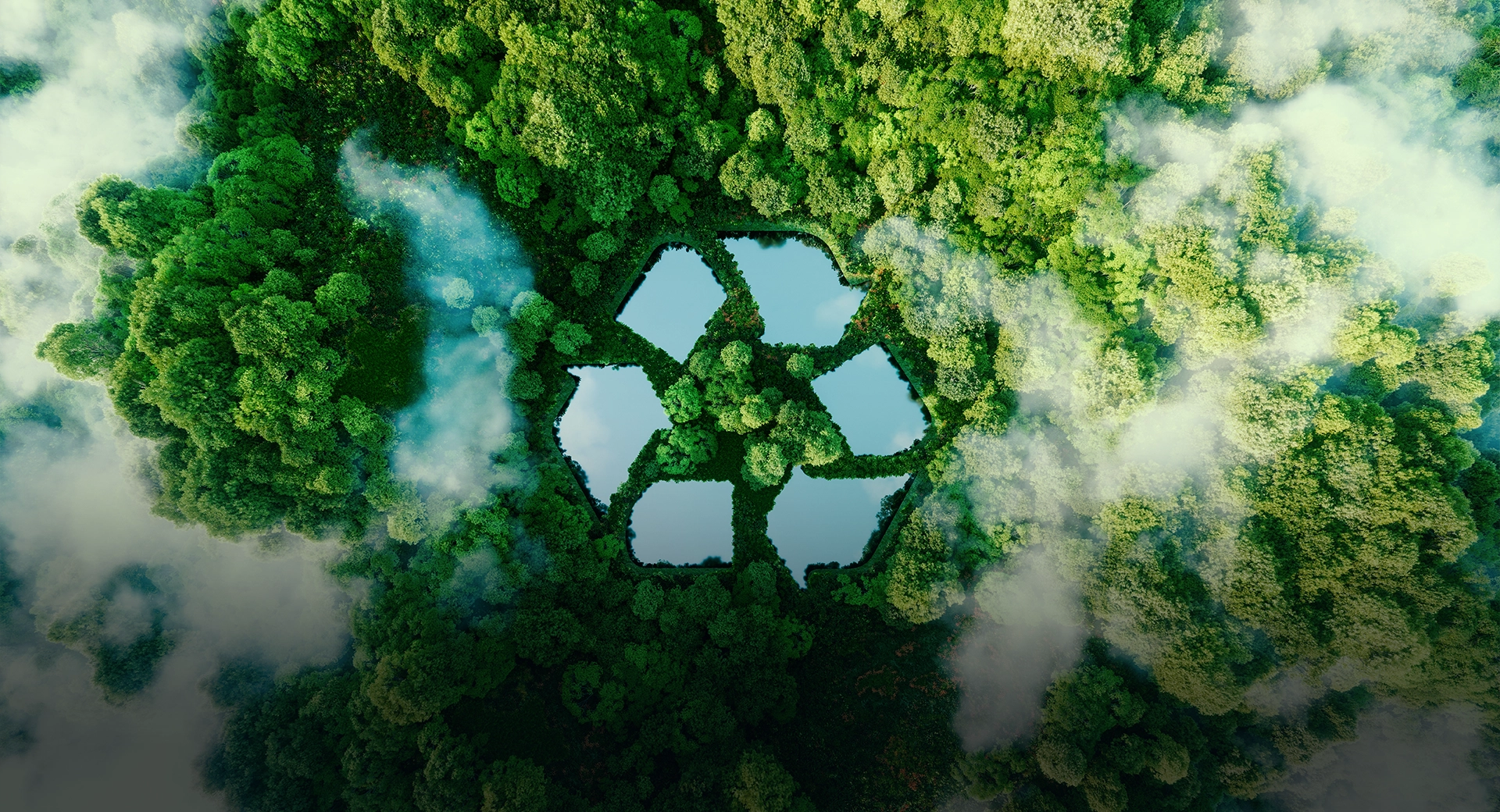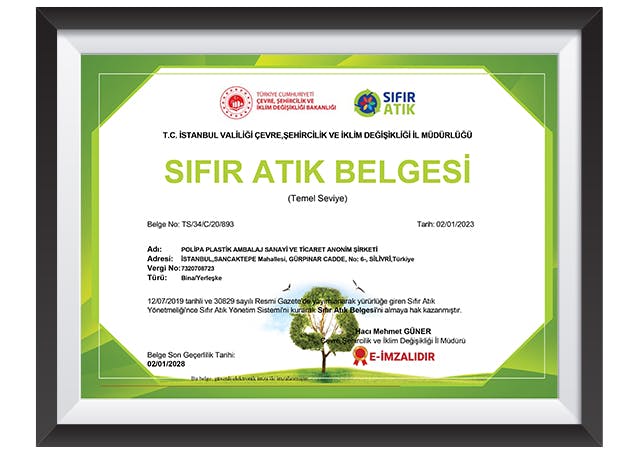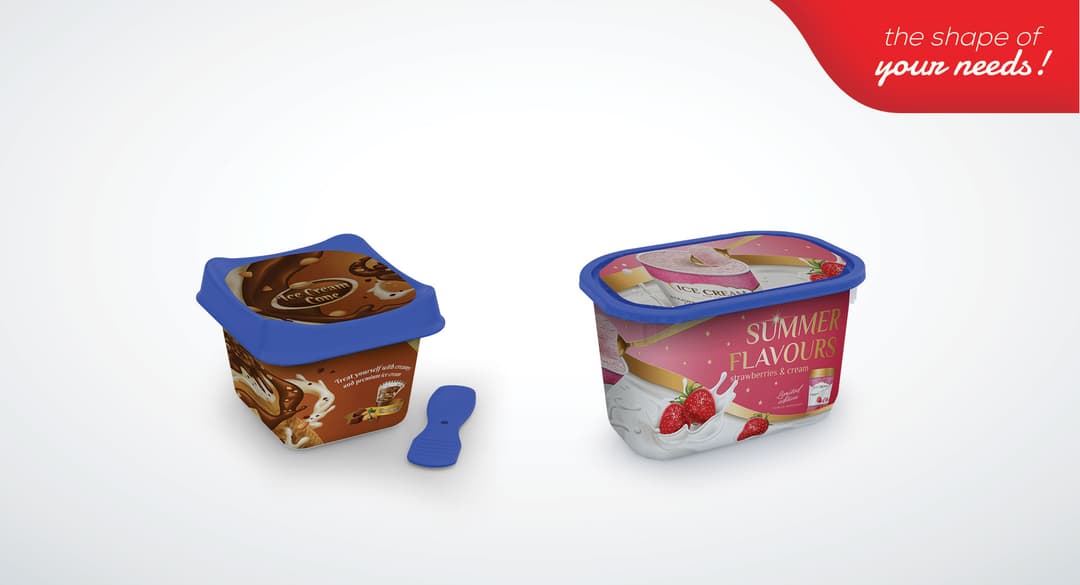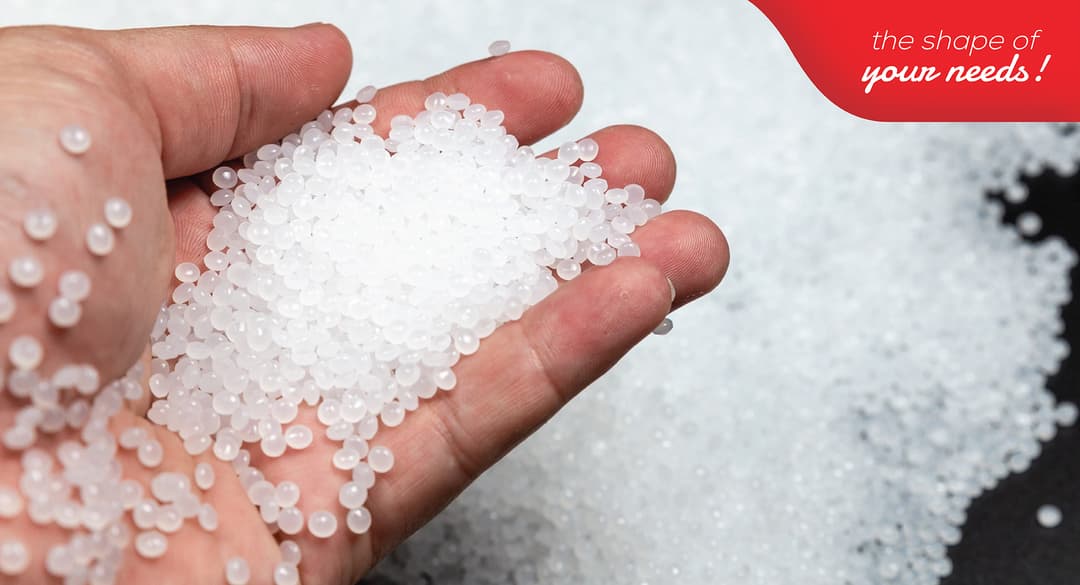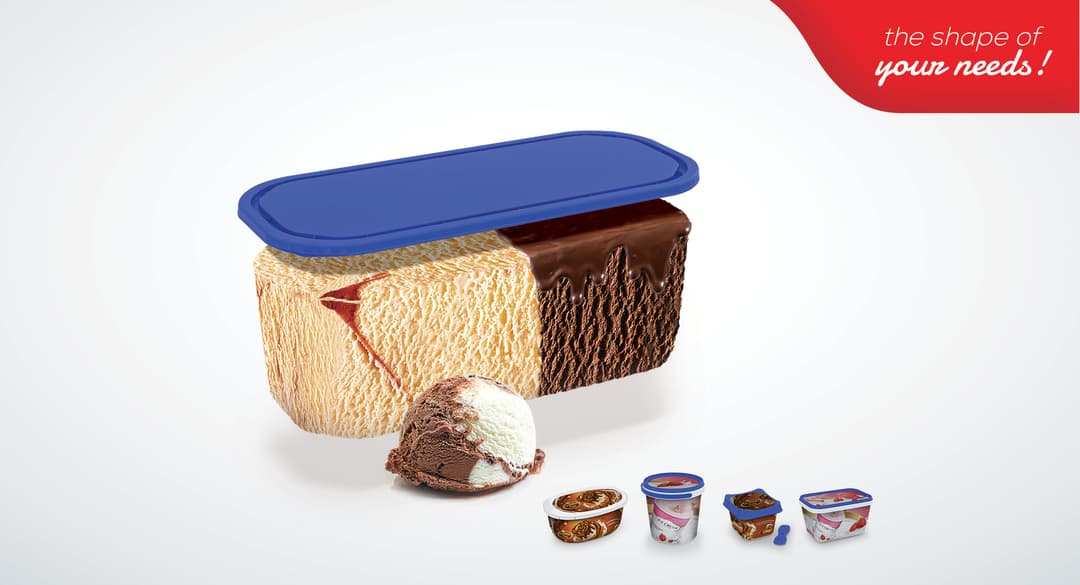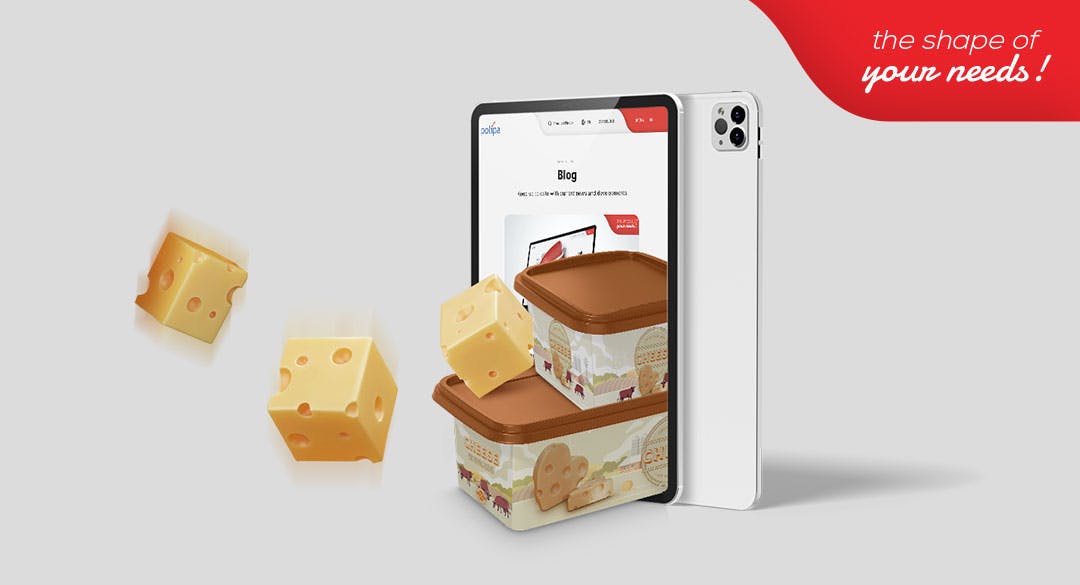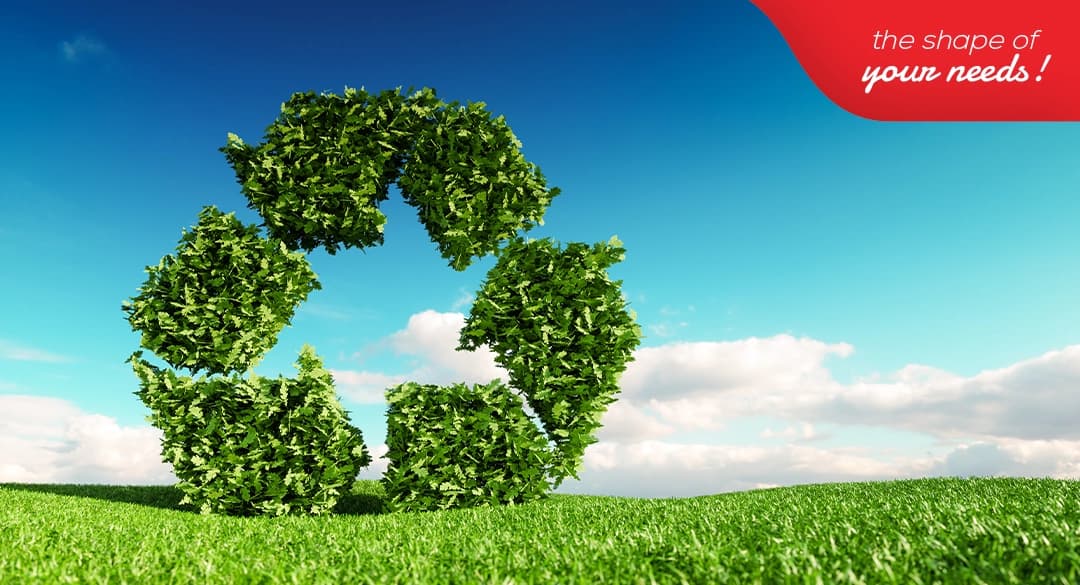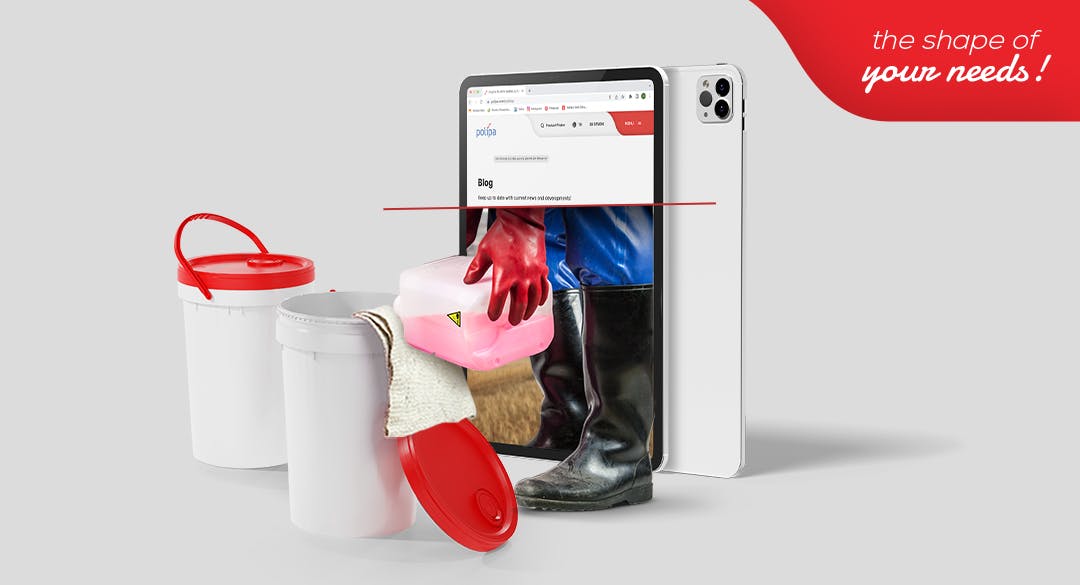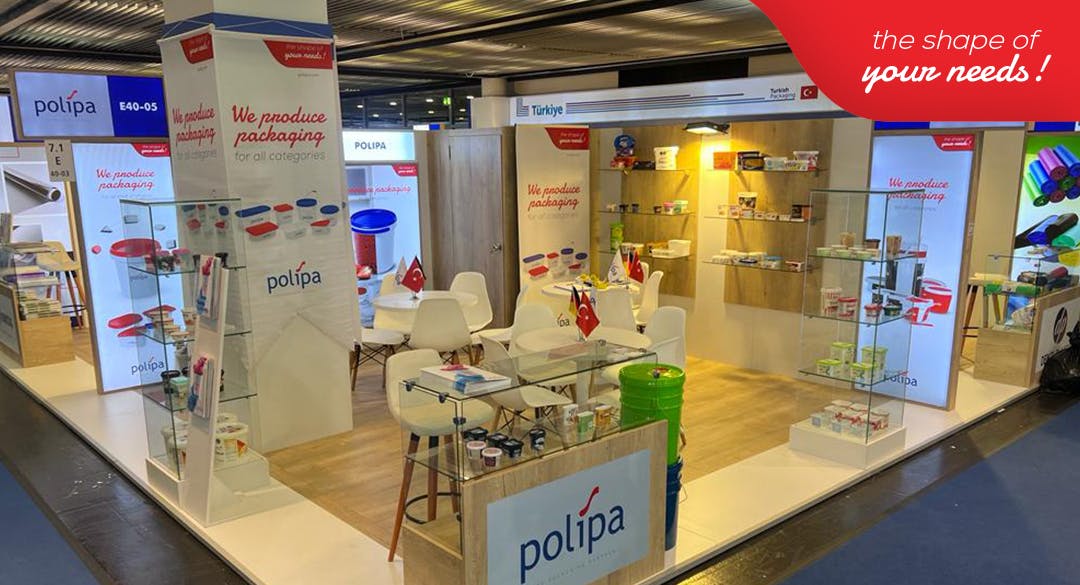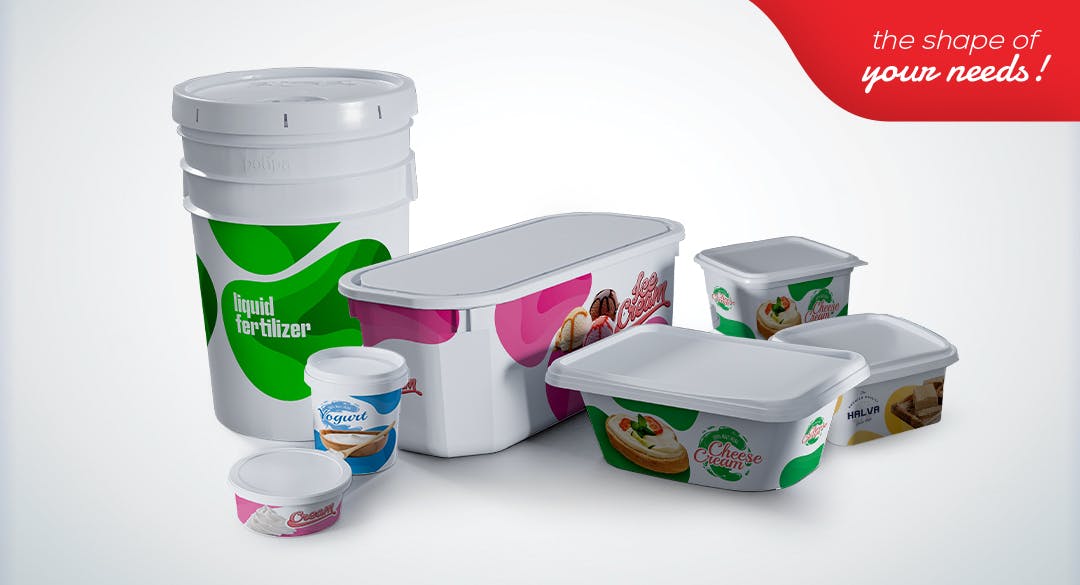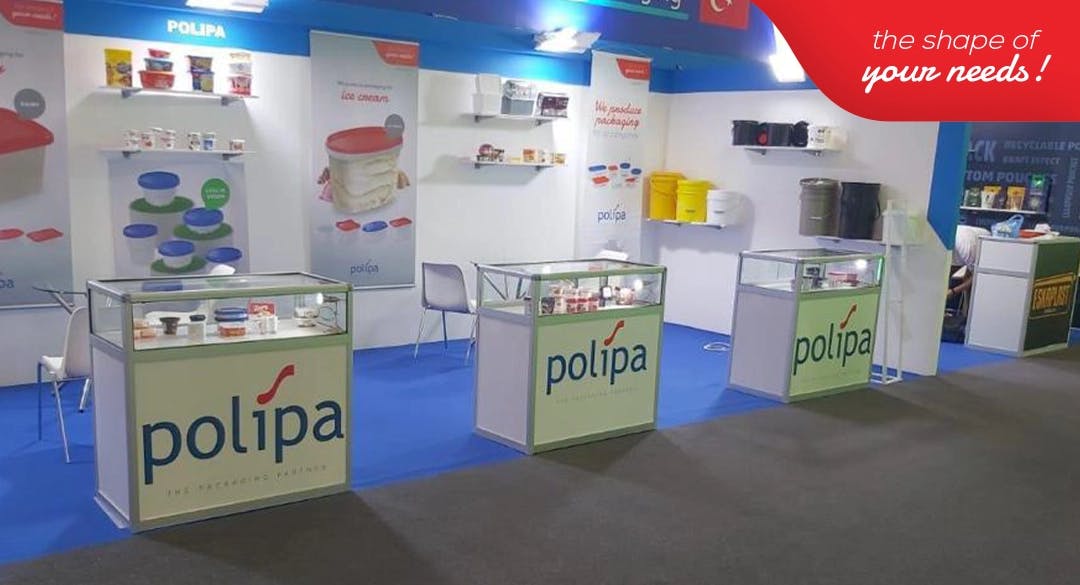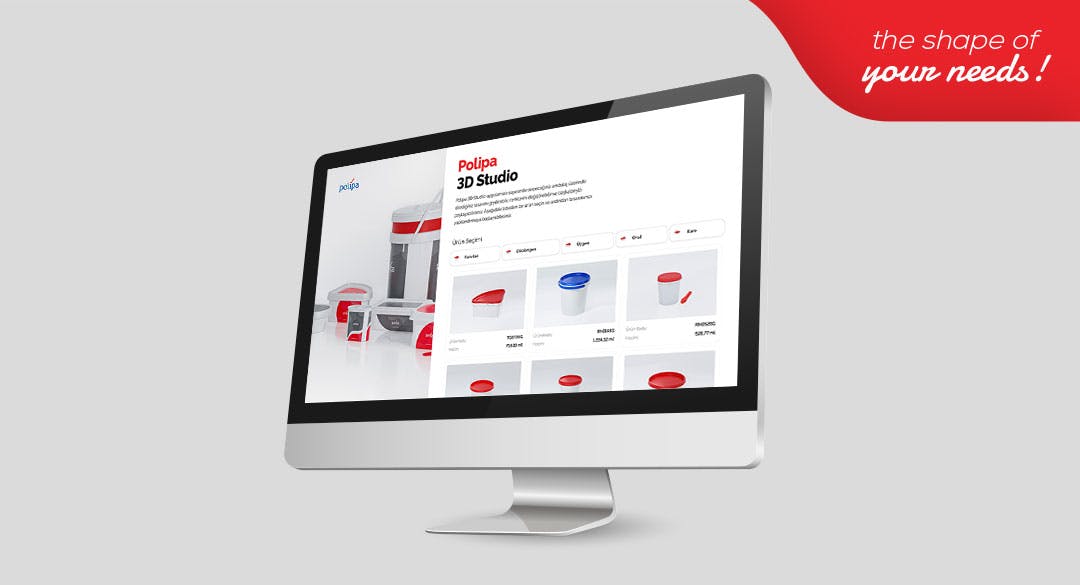Polipa Received Zero Waste Certificate!
“0” Waste Certificate
“Zero Waste; It is a target defined as a waste management philosophy that includes preventing waste, using resources more efficiently, preventing or minimizing waste generation by reviewing the causes of waste generation, and collecting and recycling waste separately at the source in case of occurrence.”
Zero Waste Certificate is obtained by the Provincial Directorate of Environment and Urbanization in order to reduce and prevent waste generation. The waste generated is collected separately from the source, thus minimizing the energy to be spent in the waste separation process. The accumulated wastes are transported to the temporary storage area, recorded and disposed of in the relevant container. From here, it sets out to be sent to waste processing facilities with environmental licenses.
Efficiency increases with zero waste, clean environment-based performance increases, costs are reduced, so waste is prevented, helps to reduce environmental risks, and ensures the development of environmental protection awareness within the organization.
With 31,000,000 tons of waste per year, 42 million trees, 585 million kg less greenhouse gas, 69 million cubic meters less water use, 20 billion kWh lower energy use, 13 billion TL annual added value can be achieved.
Plastic Waste
“Plastic is a component of many consumer products and makes up most of the output and end products of the manufacturing industry. However, not all plastics are the same, which means they cannot all be disposed of and recycled in the same way.”
It is a rigid but flexible type of plastic.
It is an ordinary type of white or colored plastic.
Story of Plastic Waste
Natural Resources
Its raw material is generally obtained by processing various products from oil refineries in petrochemical plants.
Industry
In Turkey, 67% of the plastic packaging industry consists of flexible plastic, 18% textile plastic and 15% rigid plastic packaging products. Plastic packaging industry production has a share of 37% in the total packaging industry production in Turkey.
Product
Plastic is widely used in many different fields.
Waste
Recycled plastics are used in greenhouse cover construction, automotive industry, spare parts, plastic bag production, waste water pipes, detergent bottles, garbage cans, marley and various plastic filling materials.
Effects on Environment and Human Health
When plastics are thrown into the nature, they cause visual pollution and damage the surrounding living things and soil. Recycling is very important because it takes a long time for plastic waste to mix with nature. Burning it harms the air and throwing it into the sea harms the marine ecosystem. In the sea, plastics turn into microplastics with the effect of sunlight. Microplastics found in the bodies of some sea creatures also affect human health negatively by participating in the food chain.
Methods to be Applied
Plastic wastes are collected separately according to their types and recycled. It is broken into small pieces in crushing machines. Firms can use these parts in the production process by mixing them with raw materials in certain proportions, or they can also be used as second class raw materials by melting them again and adding additives.
Delivery Locations
Plastic waste collected separately at its source is delivered to licensed recycling facilities.
Regain
With the recovery of 1 ton of plastic; 5774 kWh of energy is saved, 41 tons of greenhouse gas emissions are reduced, 23 cubic meters of storage space is gained.
In the light of this information, we, as Polipa, received the zero waste certificate in our factory! We believe in the recycling power of plastic, and we do our best to leave our world free of plastic waste.

